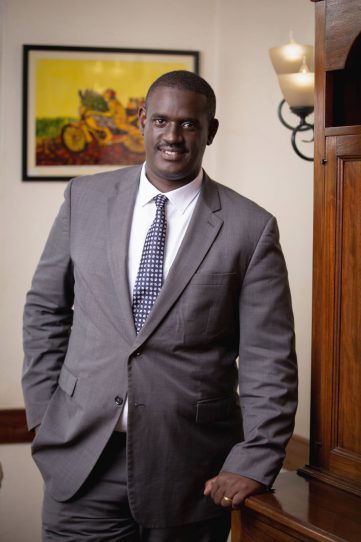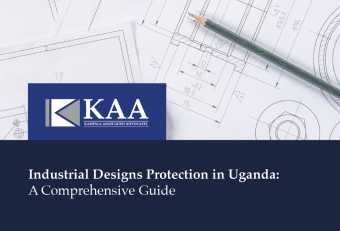Earlier this week, Buckingham Palace announced the death of Queen Elizabeth II. This was only two days after undertaking her final public constitutional duty, with the appointment of the 15th prime minister of her 70-year reign. We start this column by sending condolences to the British royal family, King Charles and the people of the United Kingdom. Fare well Your Majesty.
In the same week, the United Kingdom got a new Prime Minister, Rt Hon Liz Truss MP. During the leadership campaign, the Honorable Prime Minister repeatedly said boosting domestic energy supply would be part of her focus in seeking to bring down prices and in her first parliamentary appearance, she reiterated that the solution to the current high energy prices is extraction of more oil from the North Sea.
As one of the oldest producing hydrocarbon basins in the world, the North Sea has been a major contributor to European economies for fifty years. The North Sea is also one of the world’s most productive areas for fish and has a huge fishing community. The total biomass of all fish in the North Sea is estimated at approximately 10 million tonnes; two hundred and thirty species of fish and thirty one species of sea birds breeding along its coast, in addition to approximately sixteen whale species in the North Sea. There are 129 specially protected areas for birds and special habitats in the UK portion of the North Sea. The total mass of protected habitats is 621,700 hectares. There are a number of endangered plants and animals in the North Sea. In spite of this, the decision to develop North Sea oil assets is not limited to the UK; this year, Norway issued 53 new licenses to drill for oil in the North Sea. The need for energy security and cheaper energy prices cannot be disputed. Indeed, the German governing coalition that includes the green party is resorting to coal – the dirtiest fossil fuel -to power German industry. This coalition includes the German MP Kathrin Hennerberger who has been outspoken in her criticism against the East African Crude Oil Pipeline.
Ironically, as the protected habitats of the North Sea experience more exploration, the Western press is still concerned with the East African Crude Oil Pipeline (EACOP). The latest attack on EACOP is from National Geographic, in an article titled “Economic lifeline or climate peril” where National Geographic informed its readers that on a map EACOP “resembles an elongated frying pan” and it will pass through “savannahs roamed by lions and elephants.” Unless our friends at National Geographic have their own EACOP route which has lions and elephants, this is false. They join other prominent western publications like African Business Review that alleged that EACOP will “tear through 230 rivers.” Clearly, there is an industry that is dedicated to manufacturing information about East Africa’s oil project.
Prime Minister Truss is right about the quick solution to the current global energy crisis, it is more oil production. Upstream fossil fuel development is vital to meeting the planet’s energy needs and pipelines are the accepted means of doing so. Al Jazeera recently reported that at least 2,381 oil and gas pipelines were operating worldwide across 162 countries. Of these, the USA has the longest network of pipelines – followed by Russia, Canada and China. The EACOP pipeline would cover a stretch of 1 433km – around 0.1 percent of the world’s pipeline network.
In addition, it is important to look at the available resources on oil and gas exploration in a holistic manner. In his award winning book, “The Plundered Planet”, Oxford scholar Paul Collier pointed out that the rich countries of the world occupy a quarter of the earth’s surface. He stated that the value of their known “subsoil assets” (oil, gas, coal and minerals) is US$114,000 per square kilometer of land. Africa, which occupies another quarter of the earth’s surface, has only US$23,000 worth of known subsoil assets. Why? Because Africa remains terribly unexplored. While the world’s wealthy nations are correctly looking for more resources, we are being informed by the world’s wealthy media that our developments look like “elongated frying pans”. While the rich world is developing its resources under some of the world’s most ecologically protected areas, we are being advised to stop even the most responsible projects on account of imaginary lions. It is clear that we are dealing with an industry that is working hard to conserve poverty. The first industry we need to decommission and close, long before we close the oil industry, is this poverty conservation industry.



